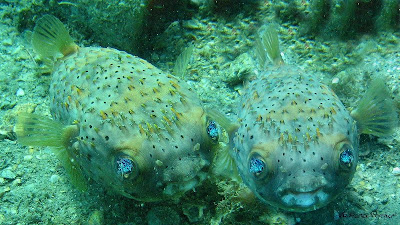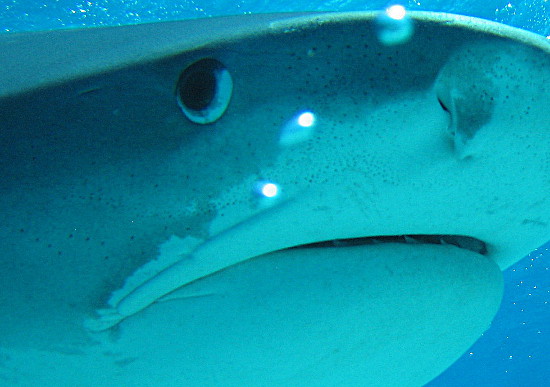Shark Week 2014

Once again, Discovery Channel has followed its tried and true formula of using sharks to generate millions of dollars, by presenting them as monsters just waiting to get their teeth into the viewers. Discovery's angle seems to hinge on the fear people have of the unknown, and especially the unknown in the water where they swim. Shark Week has been so good at tweaking and magnifying this fear, that generations of viewers who grew up watching the show are afraid to go in the water. Yet, all over the world wild sharks are welcome visitors during shark dives. How is this possible, without the divers being torn apart? I asked divers to describe what they felt on finding themselves deep in the sea, surrounded by sharks, and they used similar words to describe their feelings. In every case, they spoke of being thrilled by the experience. Not frightened. Many expressed having a transcendent experience on meeting sharks for the first time, saying that nothing had prepared t...




